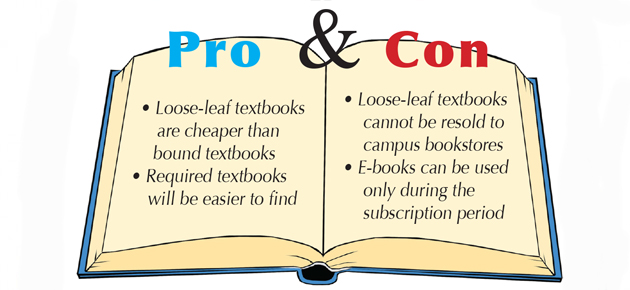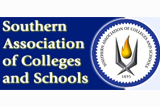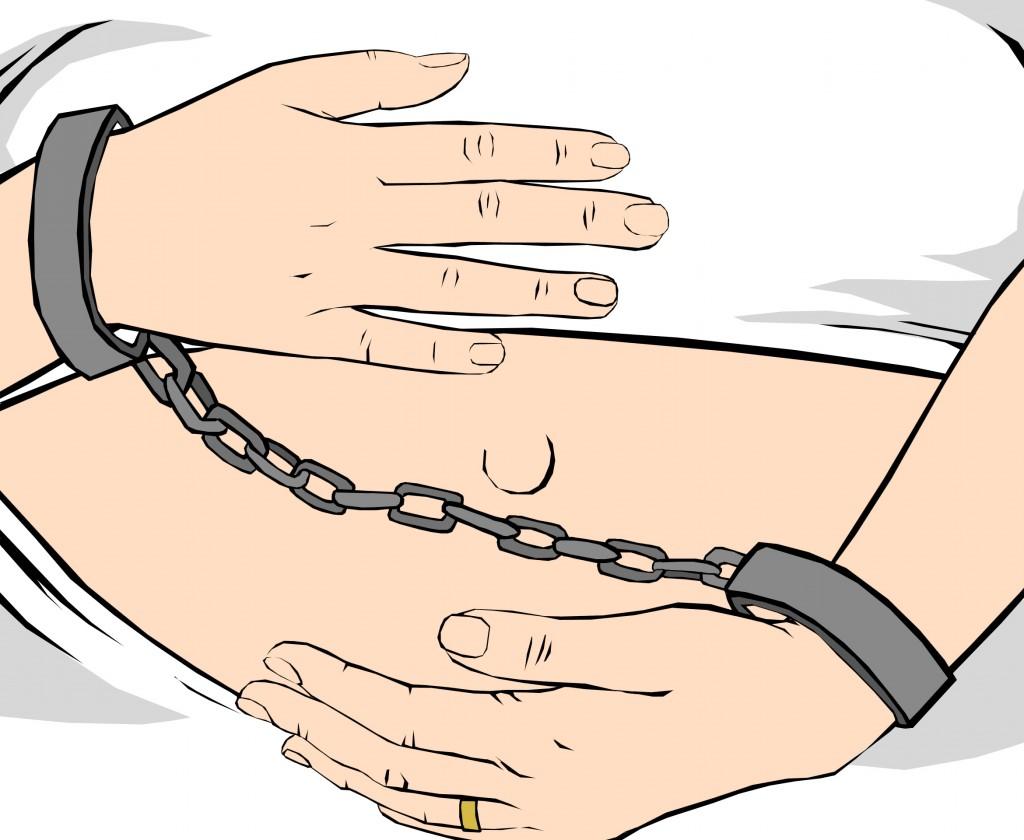By Dylan Bradley/reporter
Once a semester, students turn the tables on their instructors and evaluate their classes.
Students can complete evaluations on their current instructors after census day each semester. After logging into WebAdvisor on the student page, click on the “Evaluate Your Courses” button next to the “Thank a Teacher” apple.
While some students have varying opinions about the security and value of evaluations, instructors are concerned with how few evaluations are completed.
NW student Jennifer Lamb said she is uncomfortable with the lack of information about how evaluations stay anonymous, but she believes it is helpful for an instructor to gauge if students are learning.
“I asked an administrator … she really didn’t give me a definitive answer,” Lamb said when she asked how her evaluation would remain anonymous. “Next time, I’m going to decline. I’m sorry I don’t feel secure about that information remaining anonymous. What if I do have a bad opinion of a teacher?”
Some students have different opinions about how valuable the feedback should be to instructors.
“Both my physical education teacher and speech teacher said, ‘We really look at these … so be honest because we’ll come back and change it up,’” said Morgan Staskus, a NW student, who pointed out that student evaluations are not a requirement. “You tend to get people that really like the professor or really don’t. You don’t get the middle ground.”
Valencia Travis, another NW student, thinks evaluations should be valued too.
“I think they should hear what we have to say,” Travis said. “By not giving your honest opinion, you are giving room for error for the next semester for the teachers, so they really don’t learn anything from the students, which doesn’t help the students of future generations at all.”
However, NW student Samuel Cook said instructors should take the student evaluations with a grain of salt.
“There was a history professor I took who didn’t really care what students thought about him, and he was awesome,” Cook said. “I think it’s really good for evaluation, but it shouldn’t be the one thing the people (who are above) professors take into account.”
Many instructors, though, are focused on the number of students participating in the evaluation process.
Marilyn Keith, NE adjunct early childhood development instructor, uses the feedback to confirm if her teaching methods are working.
“I take them very seriously,” Keith said. “That is a measure of how successful I was as a teacher that semester with that class … I would like to see that I made a difference.”
John Perkins, NE history associate professor, agrees with Keith.
“I think the biggest problem is too many students either don’t know that it’s online or they don’t bother because it’s the end of the semester and they’re ready to move on,” he said.
Perkins demonstrated using his computer how student evaluations aren’t available to instructors until grades are finalized. In the current semester’s rosters, no evaluation link is available.
“Students need to know their grades are in before any of those things ever show up,” Perkins said. “Once those grades are in, they can only be changed by somebody downtown for a specific reason, if there was a mistake. It’s safe.”
Assistant vice chancellor for academic affairs Jane Harper helps decide what evaluation questions to ask, when to change evaluations and who administers them.
She thinks the evaluations are valuable and said student identities are protected.
“That’s almost a holy part of our operation,” Harper said.
The evaluations come to her as a single number for each semester, which turns into a pattern over the course of an instructor’s employment, Harper said. But one lone evaluation will never constitute a major decision.
“I want every student saying what he or she really thinks every semester with every teacher,” she said.

























